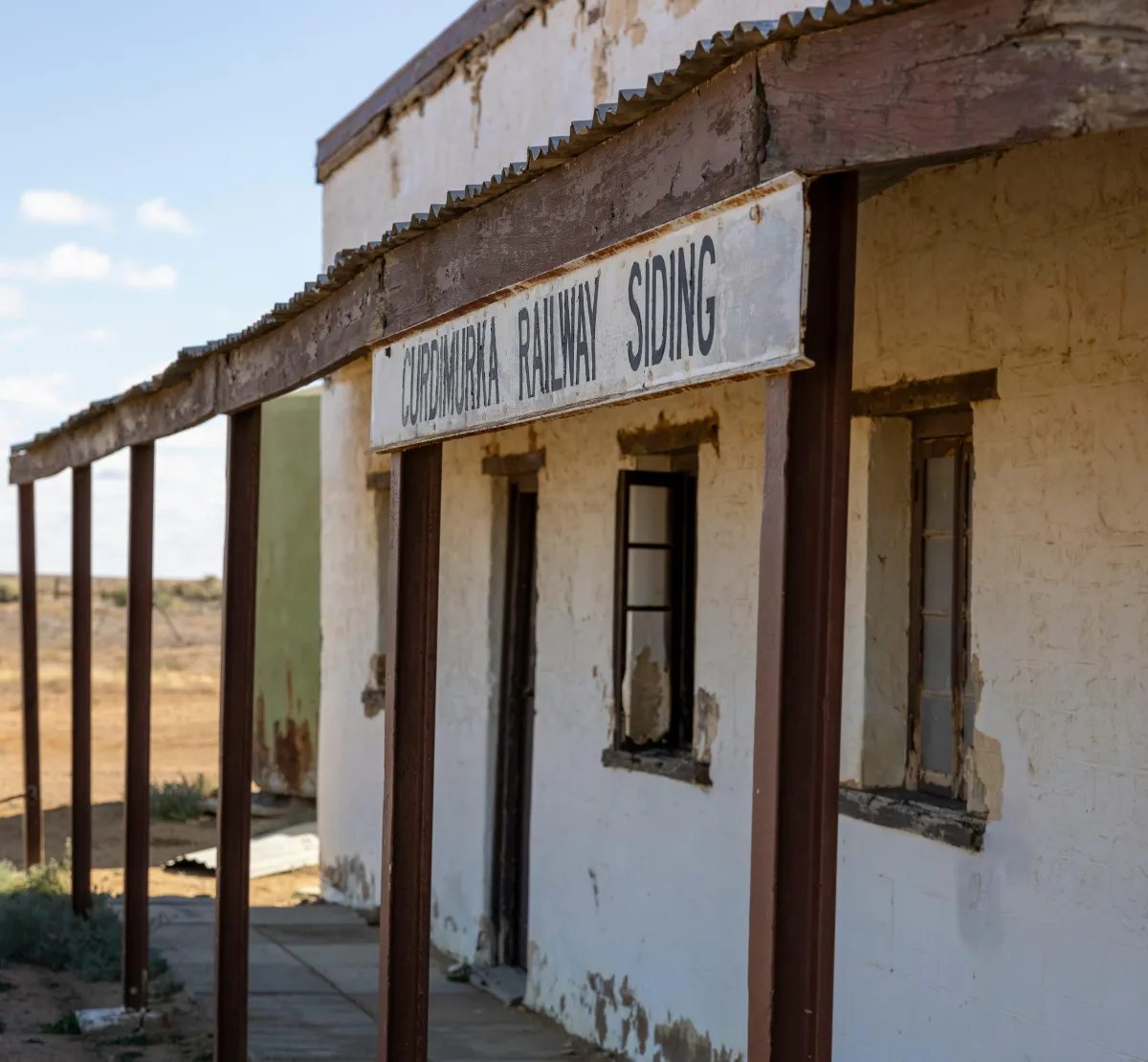
Infrastructure & Community Development
Infrastructure & Community Development
Eighteen million South Africans live in rural areas, subjects of royal leadership whose voices are too often left behind. Roads turn to dust or mud after rains; clinics and schools are hours away; buses rarely come. When kings and chiefs call for development, they are calling for basic dignity.
“A nation’s heart beats strongest in its villages, when the road is firm, the clinic open, the bridge built.”
The Challenge
Since colonial times, rural regions have been under-invested. Infrastructure planning has favoured cities. Transport networks rarely connect villages with town centres. As a result, farmers struggle to bring produce to market; youth walk long distances to school; medical help arrives too late. Studies show that poor road infrastructure in rural South Africa causes poverty, hunger, food insecurity, and exclusion from social services.
Many rural roads are not maintained; during rainy seasons, villages can become cut off. Public transport is sparse; non-motorised transport (walking, bicycles) dominates, slowing everything down. Government policies like the Rural Transport Strategy have recognised the need to “bridge the big jump” from village to nearest town, but implementation lags.

Historical Parallels & Recent Promises
Historically, kings and chiefs organised infrastructure: trade routes, rivers, passes, wells. They were custodians of paths, bridges, routes connecting communities.
After 1994, many promised that democracy would bring “development everywhere” — but infrastructure budgets have often prioritised urban areas. Rural electrification, water supply, road sealing remain incomplete in many areas.
Recently, government has opened freight rail lines to private firms to improve efficiency. There are also major loans (World Bank, African Development Bank) for transport and energy infrastructure.
RACC’s Response
RACC appoints legal teams and transport expert to research and advocate and for better infrastructure development where people live, under royal oversight.
We support:
Building and repairing rural roads that link villages to health clinics, schools, and markets.
Supporting transport services (bus, shuttle) under local leadership so people can travel safely.
Developing multipurpose community hubs: clinics, schools, water points, telecommunications.
Partnering with private firms in rail, energy, and logistics to ensure that corridors run through rural areas, not just mines.
RACC works with royal leaders to map needs, hold governments accountable, and ensure community participation in planning and maintenance.

Why It Matters
For middle‐class Africans with roots in the countryside, infrastructure is not charity, it is connection. When our rural areas are stitched into the national fabric, young people have options, health improves, agriculture thrives.
“When rural roads fail, the city gains — and the village loses its future.”
Infrastructure underpins dignity: a woman walking five hours to fetch water; a child crossing a river to get to school; an ambulance that can’t reach them. Strong rural infrastructure affirms that every subject of a king matters.
Support the work of the Royal Authority for Commerce and Charters
